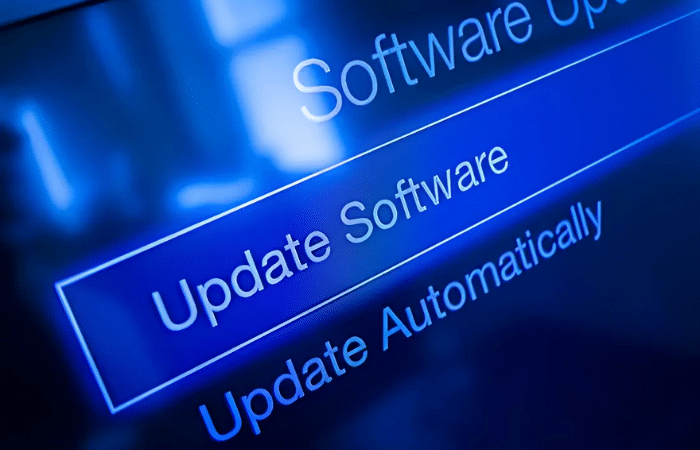Why Keeping Your Software Up to Date Is Crucial for Cybersecurity
Installing software updates might seem like a routine task—but it plays a powerful role in defending your devices from cyber threats. Each update not only improves performance but also patches known security flaws that hackers actively seek out.
Failing to update your system can leave you wide open to malware, data theft, and system compromise. And while you’re staying on top of legitimate updates, it’s equally important to watch out for fake update scams that try to trick you into downloading malicious software.
Why Software Updates Matter
Cybercriminals take advantage of outdated software. When security vulnerabilities are discovered, software vendors issue updates (also called “patches”) to fix them. If you ignore or delay these updates, attackers can exploit the flaws to:
- Install spyware, ransomware, or other malware
- Gain unauthorized access to your files or device
- Steal login credentials or sensitive data
- Compromise entire networks
Keeping your system updated closes off these potential attack paths.
What Needs to Be Updated?
To stay secure, it’s not just your operating system that matters. Make a habit of updating:
- Operating systems (Windows, macOS, iOS, Android)
- Web browsers (Chrome, Safari, Firefox, Edge)
- Office and productivity software
- Security tools and antivirus programs
- Plugins and browser extensions
- Firmware on printers, routers, smart TVs, and other connected devices
Watch Out for Fake Software Update Scams
While real updates protect you, fake updates can do the opposite—installing malware or tricking you into giving up personal information.
How These Scams Work
Fake update scams usually take the form of urgent pop-up windows or full-screen warnings, often while browsing the web. They might claim:
- “Your browser is out of date—click here to update.”
- “Flash Player required—install now to continue.”
- “Critical system update available. Download immediately.”
These messages may look professional and carry official-looking logos—but they’re fakes.
Clicking can lead to:
- Malware installation
- Phishing websites asking for your login or payment details
- Spyware that quietly monitors your activity
How to Spot a Fake Software Update
Knowing what to look for can help you avoid getting tricked. Here are signs an “update” may be a scam:
It’s coming from a random website, not the software itself
Legitimate updates never appear in your browser as pop-ups from unrelated sites.
The message feels overly urgent or threatening
Fake updates often use scare tactics like “your system is at risk” or “update now or lose access.”
Poor design, misspellings, or inconsistent branding
Look for sloppy visuals, off-brand logos, or weird grammar. Real updates from trusted vendors are polished and professional.
You didn’t ask for it, and it’s not from a known source
If you haven’t launched the app or prompted an update, be suspicious.
It asks for sensitive info
A real software update will never ask for personal details, credit cards, or your password on a random webpage.
Bottom Line
Keeping your software updated is essential for protecting your device—but just as important is knowing how to avoid fake updates that aim to compromise your security. By combining regular, legitimate updates with a sharp eye for scams, you can stay ahead of cyber threats.
Final Takeaway
Installing software updates might seem routine, but it’s one of the strongest defenses against cyber threats. These updates patch security vulnerabilities that hackers exploit to steal data or infect your device. iLOCK360 helps you take your cybersecurity a step further by monitoring for threats tied to outdated software, alerting you to fake update scams, and verifying suspicious activity. With iLOCK360 on your side, you can confidently update your system—and steer clear of the traps.
Click here to learn more.





0 Comments